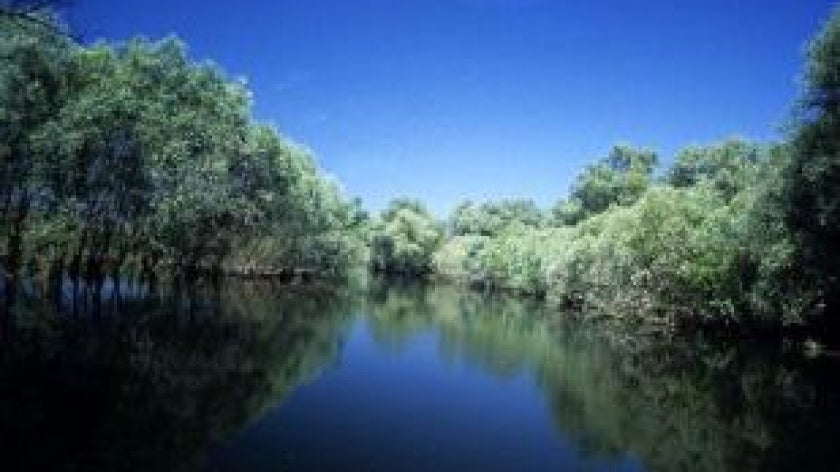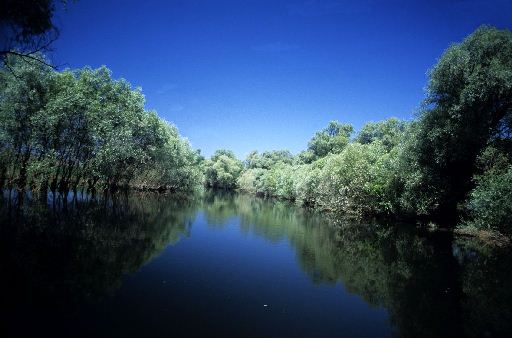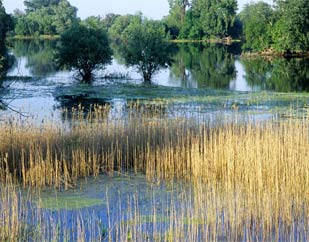

By declaring 2013 the Year of Water Cooperation the UN is aiming to raise awareness, both on the potential for increased cooperation, and on the challenges facing water management in light of the increase in demand for water access, allocation and services.
Most water and ocean resources are transboundary in nature. Globally, there are more than 263 watersheds that cross the political boundaries of two or more countries; these watersheds represent about one half of the earth’s land surface and 40 % of global population.
The GEF is the sole largest investor in multi-country collaborations on shared water systems through its International Waters focal area. Projects across multiple country boundaries have included 30 transboundary river basins, 10 transboundary lakes and 6 transboundary groundwater ecosystems.
More than $1.2 billion in GEF grants leveraged $7.1 billion in co-financing freshwater, environment and community security projects across more than 170 countries. Climate change, population growth, and growing global food demand all put additional pressures on aquatic resources and connected ecosystems.
80 % of the world’s population is already exposed to high levels of threat for water security. Climate change and increasing climatic variability will create additional pressure over water resources. Agriculture accounts for 70 % of the global freshwater use, and driven by population growth and by the rise in dietary standards, it is expected that food production will have to increase by 70 % within the next 40 years to meet this growing demand.
The prevailing transboundary character of water creates many opportunities for cooperation amongst nations. Experiences from many parts of the world and from GEF projects (e.g. in the Danube, Niger, Orange-Senqu, and Senegal Basins, in Lake Victoria, etc.) fostering cooperation on transboundary water issues led to building of trust and mutual confidence amongst states, supporting the processes of political and economic cooperation, sharing of benefits beyond the river, and regional integration .
Preceding the celebration of International Day on Water Cooperation (The Hague, March 22, 2013) the GEF together with partner agencies –FAO, IAH, World Bank, and UNESCO - held the last of five regional consultations on “Groundwater Governance: A Global Framework for Country Action“.

The project aims to take stock of the situation of groundwater governance at global scale and aims to unite the global water and development community behind a shared vision and a Framework for Action for enabling good governance of groundwater and for building momentum at the political level to foster change and support policy, regulatory, institutional, economic and financial reforms to promote sustainable groundwater management at country and local levels.
GEF stands fully committed to continue supporting countries in their effort for transboundary cooperation on shared surface and groundwater resources underpinning their efforts for sustainable development and growth.
Read more on the GEF's International Waters Focal Area